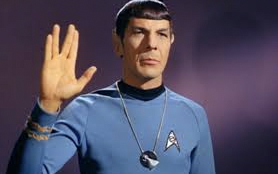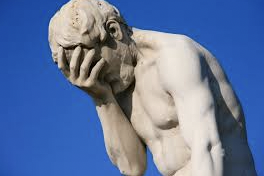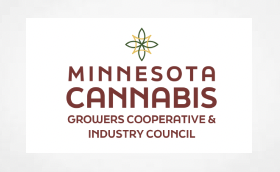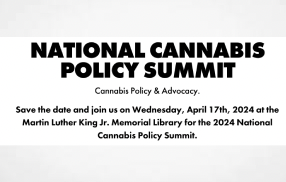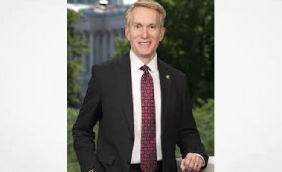The Harvard Political Review write by way of introduction ..
Do link through to the full article as it is a well written and argued piece
Pot and Politics: Investigating Barriers to Medical Marijuana Legalization
Support for the healing capabilities of cannabis extends beyond the medical community. According to a 2017 Quinnipiac poll, the American public recognizes the benefits of marijuana, and 94 percent of voters favor medical marijuana legalization. Furthermore, 29 states legalized medical marijuana before the start of 2018. Public support has not, however, been sufficient in garnering legal approval, with medical marijuana remaining illegal at the federal level. The Drug Enforcement Agency’s interference and the Food and Drug Administration’s complicated approval system have contributed to the problem.
Here are the four areas they see as political barriers before there is federal movement
Bureaucratic Barriers
Medical cannabis’ path to federal approval has been obstructed by bureaucratic opposition to research, stemming from the FDA’s failure to approve marijuana as medication. The FDA claims to have no issues with approving medical marijuana, so long as it is done using proper clinical research. The obstacles to marijuana legalization arise not from FDA attitudes towards the drug, but rather from the approval process itself.
Big Pharma, Big Problem
DEA obstruction is given validity through marijuana’s status as a federally illegal substance, which is supported by anti-marijuana lobbying. The pharmaceutical industry contributes more to lobbying activities than any other industry, spending 2.6 billion dollars on lobbying between 1998 and 2012. This massive effort has a clear motive behind it; recent estimates speculate that major pharmaceutical companies stand to lose 18.5 billion dollars in profits if medical marijuana becomes legal in all fifty states.
Law Enforcement Lobbying
Though Big Pharma stands as one of the most economically well equipped opponents of cannabis legalization, contrary to popular belief, law enforcement may bear an even stronger influence.
Follow the Money
Responsibility for medical marijuana legalization ultimately lies in the hands of Congress. Medical marijuana legalization has been painted as a morally enigmatic threat to public health, however, the motivation behind the anti-medical marijuana movement can be discovered not when one follows the morals, but rather the money. Elected officials have been lavished with more money from Big Pharma than any other industry since 1998, with contributions spread roughly evenly between parties. Democrat Barack Obama received more money from Big Pharma than any other political candidate in 2012; Republican Mitt Romney followed closely in second place.
